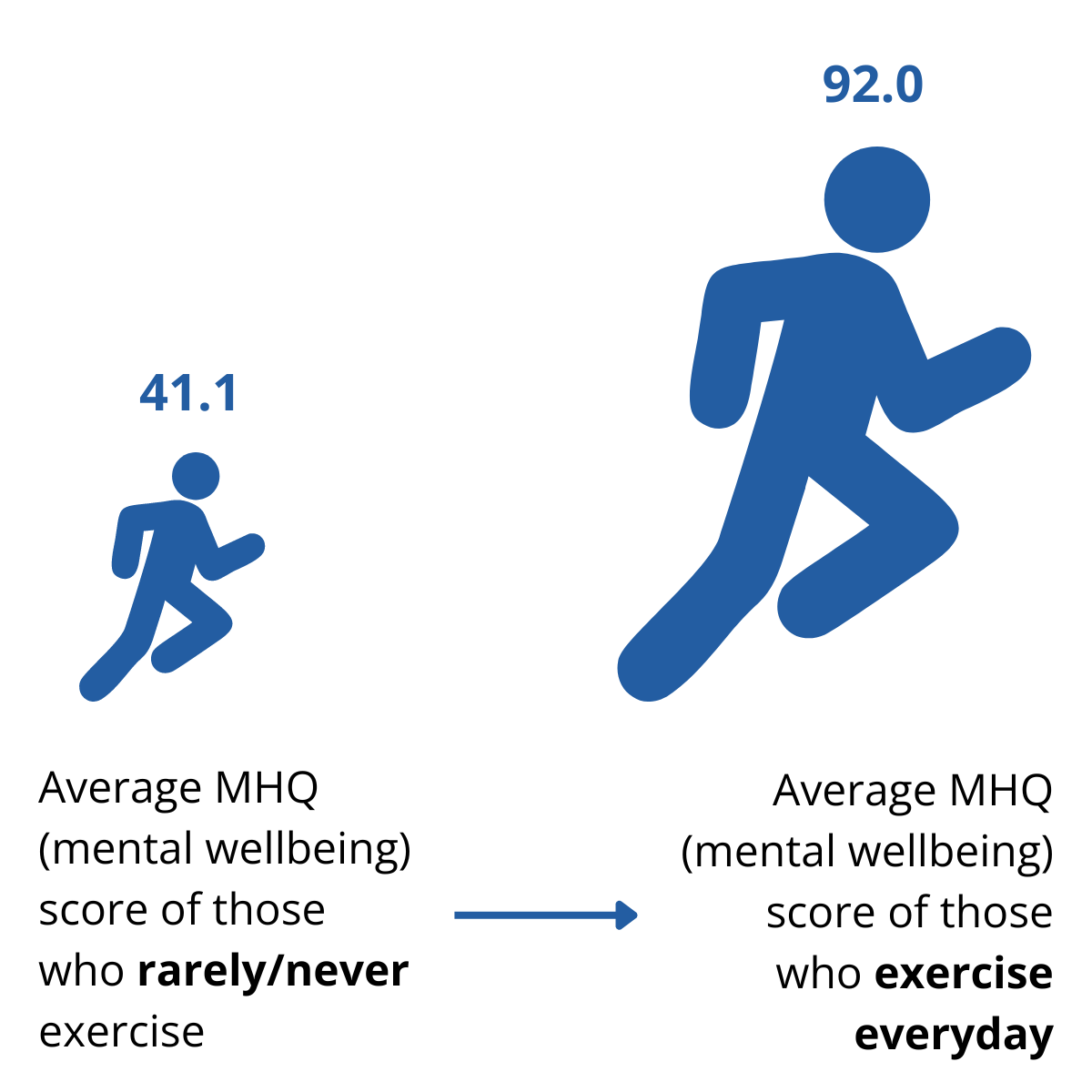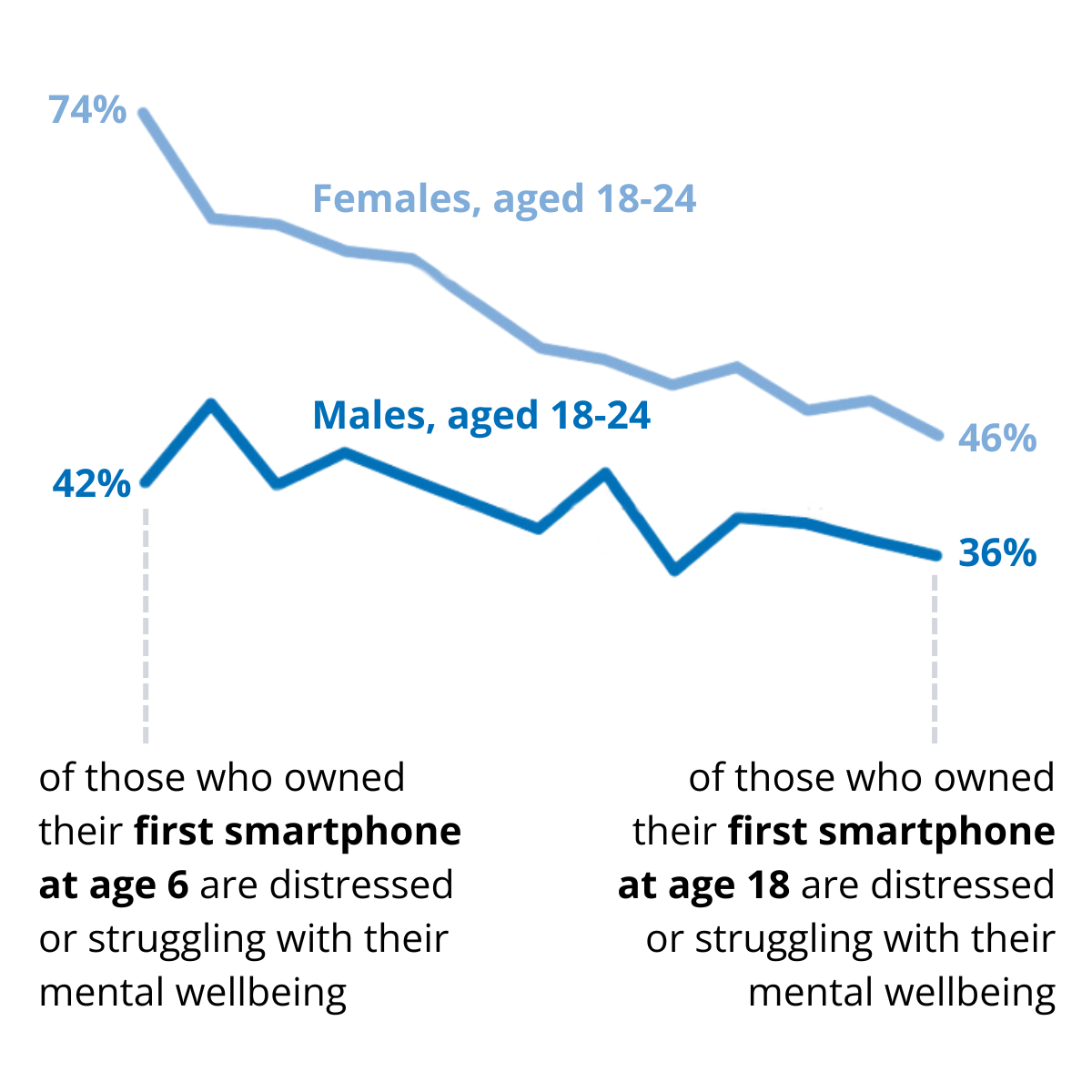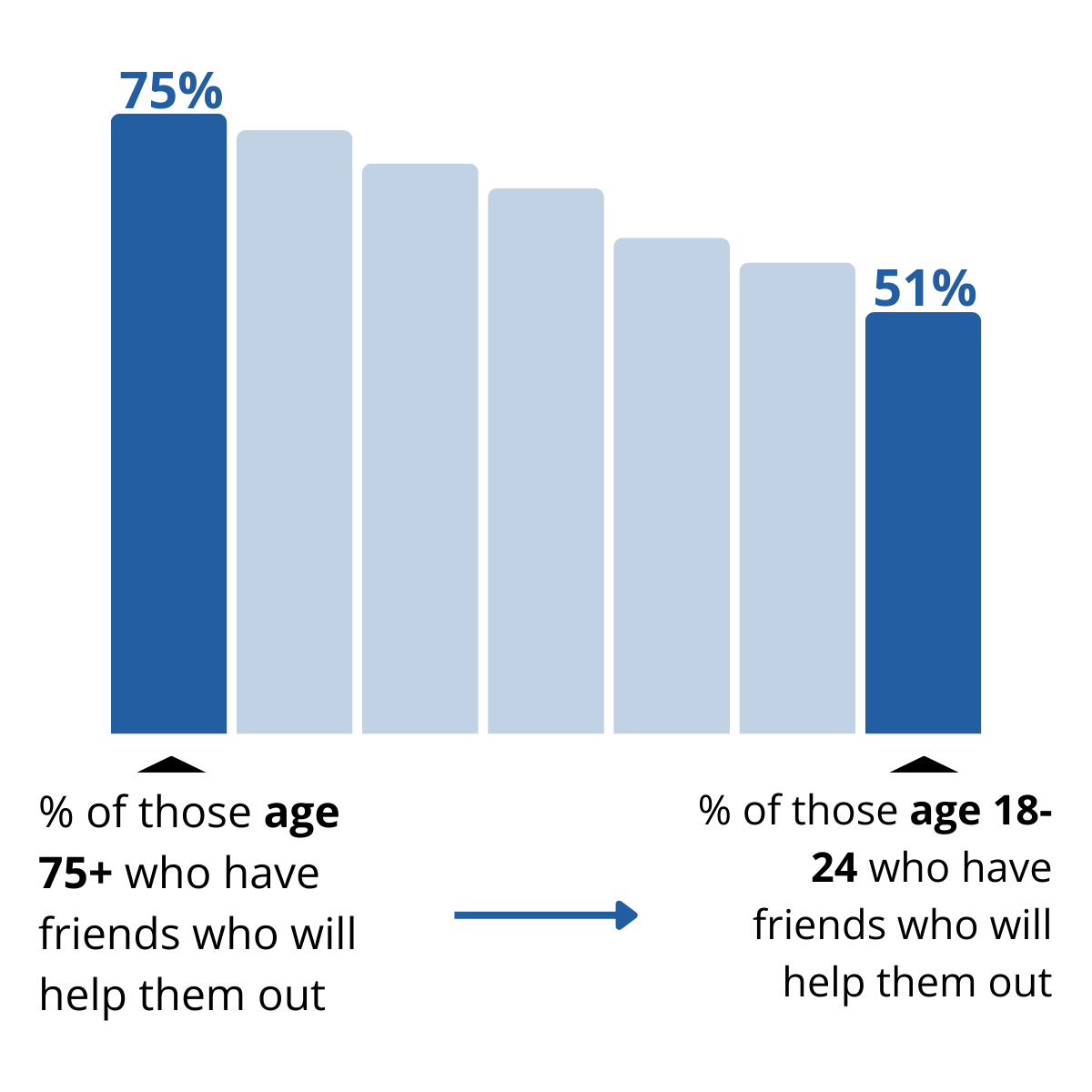Schools For Strong Minds
Giving school leaders actionable data and insights to promote emotional wellness, cultivate resilience, and empower student success
SCHOOLS ARE AT THE FRONT LINE OF THE YOUTH MENTAL HEALTH CRISIS.
Data from our Global Mind Project shows that over 50% of adolescents are struggling with their mental wellbeing. 30% indicate having thoughts of suicide or self-harm.
Measuring and understanding the mental wellbeing of your students helps you identify key drivers, make changes that move the needle, and equip your students to take on the challenges and opportunities of life.

The Schools for Strong Minds Program
Schools for Strong Minds provides a data-driven view of the mental wellbeing of your students, together with actionable insights on lifestyle habits, school environment, and campus culture that are drivers of poor outcomes.
How it works
- Students complete a questionnaire on their mental wellbeing and receive a personalized report with feedback and guidance
- You receive a detailed Schools for Strong Minds Report with insights into school culture, policies, and processes
- Take action by changing policies and programs based on your school profile
- Re-run the questionnaire to understand the impact of changes and track metrics over time

Learn About the Root Causes of Youth Mental Wellbeing Decline
Participate in our Program
We are seeking 10 secondary schools to participate in this new program funded with the generous support of the Stavros Niarchos Foundation (SNF). These schools will take part in the program and work with us to co-create best practice solutions. Schools should have the following profile:
- A commitment to the wellness of your students
- Willingness to change policy
- Broad socioeconomic student profile

The Schools For Strong Minds Program is being generously supported by a grant from the Stavros Niarchos Foundation (SNF).




